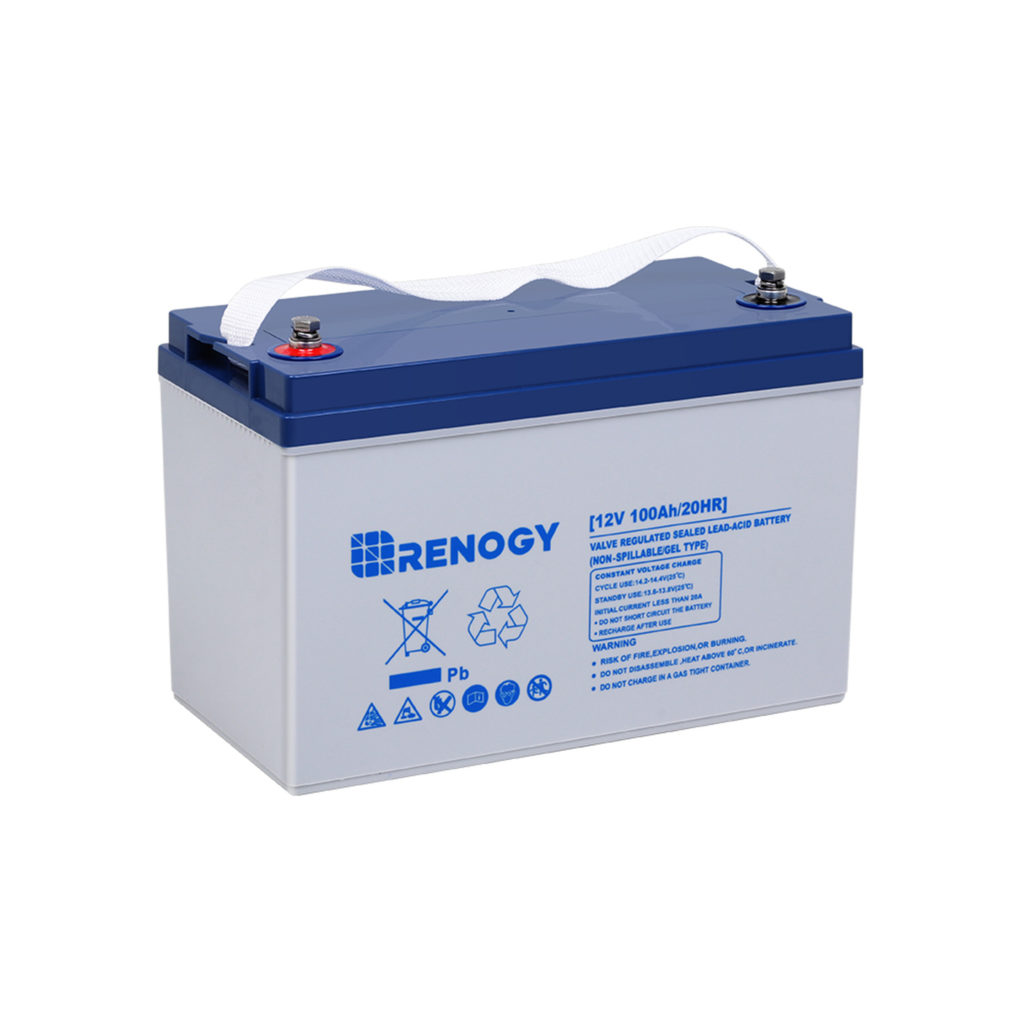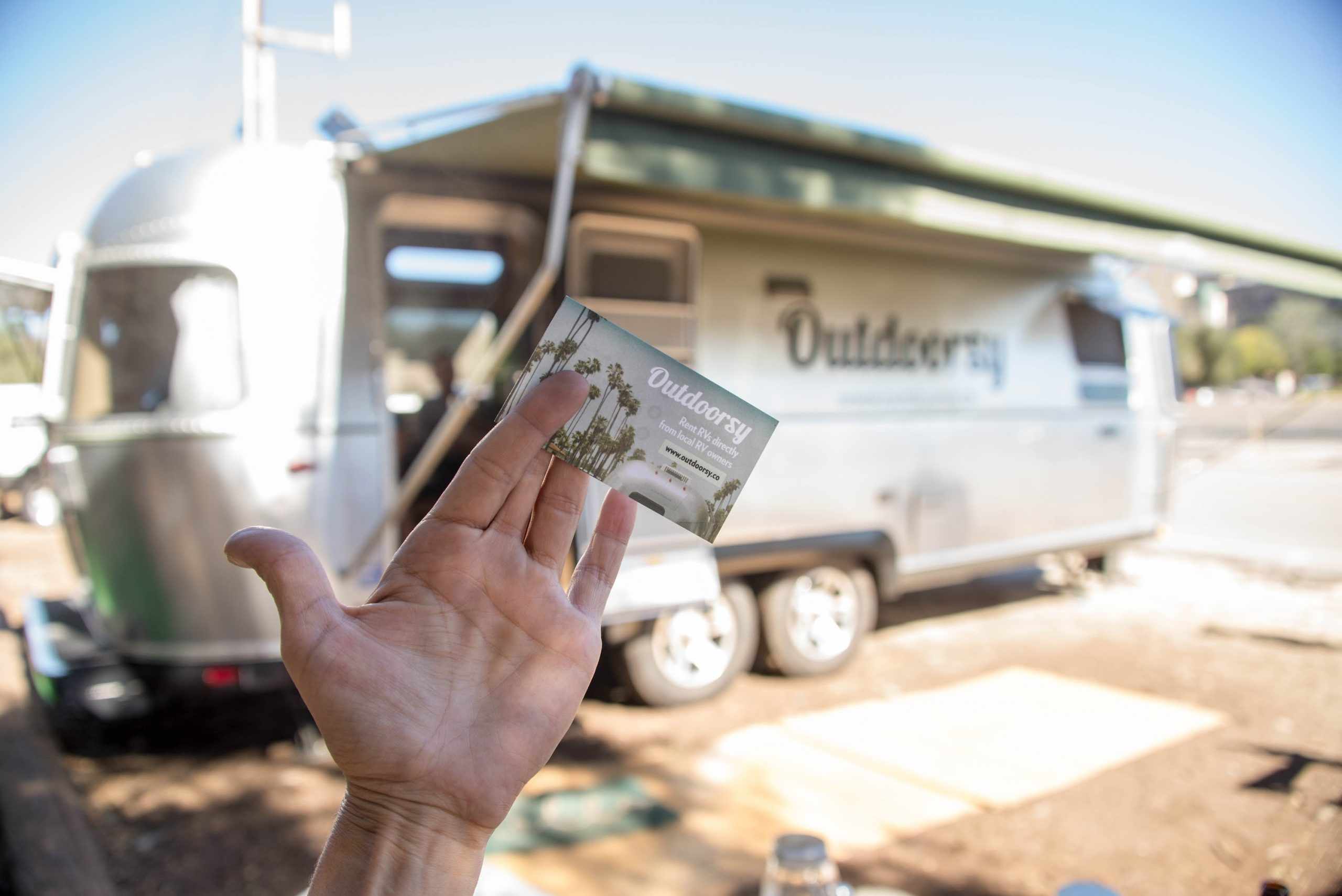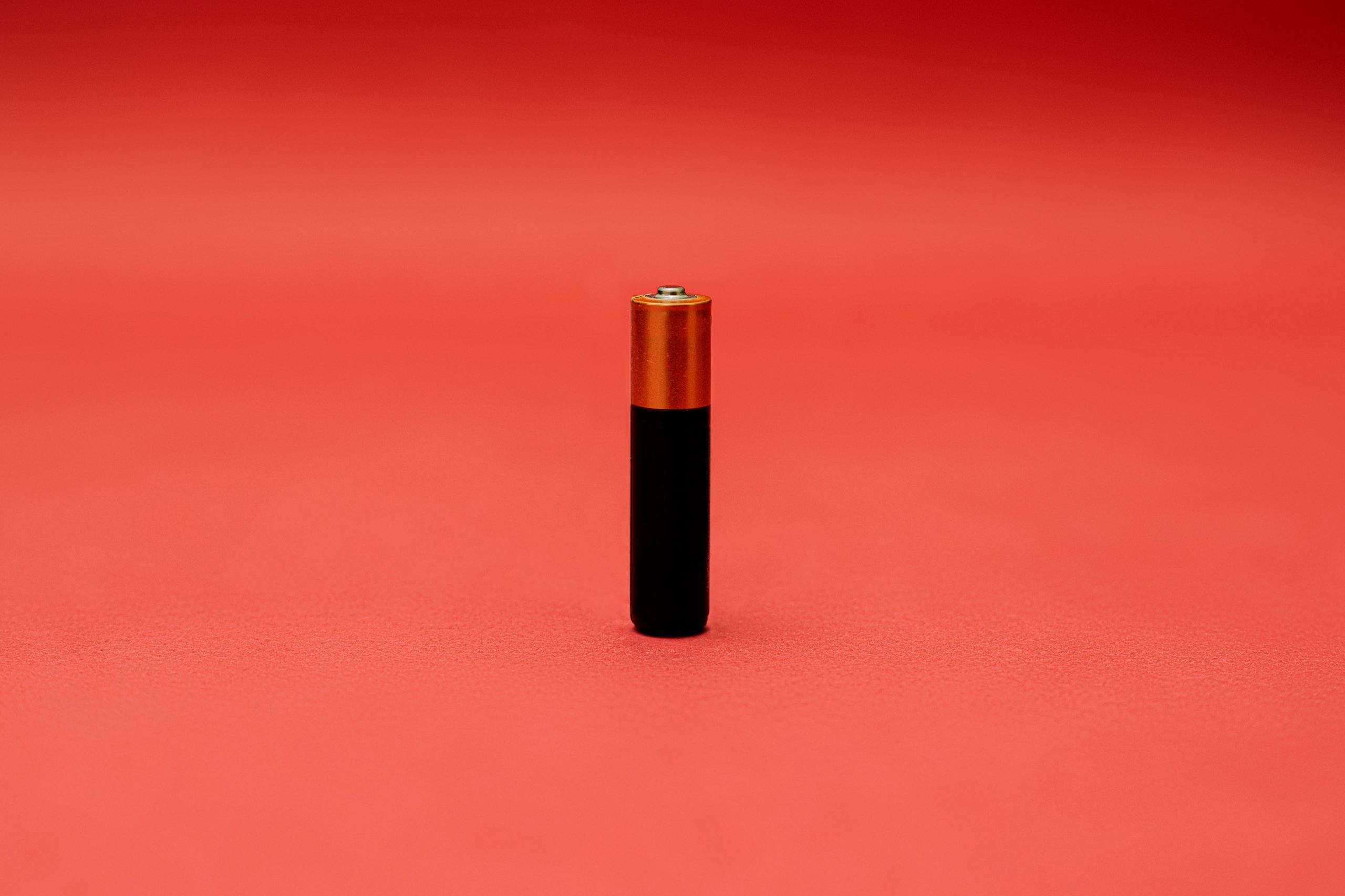One of the big perks of RVing is having power wherever you go, whether you’re at a luxury campsite or boondocking in the wilderness. From cooking tasty meals to illuminating your rig after the sun sets, electricity can enhance your camping experience. Part of what makes this possible is your RV batteries, so it’s important to take time to understand how they work, how to pick the best one for your RV, and how to take care of them. So let’s get into the topic — from your starting battery to your deep cycle RV battery, we’ll cover it all.
What is an RV battery?
Your RV battery is an integral part of your overall RV electrical system. When you’re not connected to shore power, they supply direct current (DC) power to appliances, lights, and other necessary RV components like the water pump. Batteries are especially important if you’re dry camping or boondocking.

Starting battery vs. deep cycle RV battery
The first thing that you need to know about RV batteries is that you’ll usually find two different kinds on your rig: a starting battery and your deep cycle batteries.
You’ll have a starting battery if you drive a motorhome. Think of this as a car battery. It’s designed to provide a short burst of power to start your RV’s engine when you’re ready to roll. Starting batteries are built differently than deep cycle batteries and aren’t meant to provide long periods of power, so it wouldn’t be a good idea to hook one of these up to try and power your appliances.
A deep cycle battery, on the other hand, uses a dense active material and thick battery plates, which allows it to withstand repeated discharge and charge cycles. Instead of providing short bursts of high power, they can power items with lower current draws for an extended period. And, unlike a car starting battery, repeated cycling doesn’t cause nearly as much damage. This makes them the perfect choice for powering your RV when you’re not at a campground with hookups.
Deep cycle RV battery types
Not all deep cycle RV batteries are the same. Here are the four main types of deep-cycle batteries that you can choose from.
Lead-acid batteries

Flooded lead-acid batteries are the most basic type of RV battery and have been around for over a hundred years! They are the least expensive battery option, but they do have a few drawbacks including their large size, long charge time, and relatively short life. They’ll also require a good deal of maintenance like routinely adding distilled water and cleaning off corrosion. Flooded batteries are prone to off-gassing, which is the release of toxic gasses. This can be dangerous if your batteries are stored inside your RV.
However, these batteries can be cost-effective for more casual campers who aren’t cycling the battery often. Most lead-acid batteries last around 400 cycles, with one cycle equalling one charge and discharge.
Gel batteries

A gel battery is similar to a lead-acid battery but contains silica in the electrolyte, which creates a gel. Gel batteries are more expensive than lead-acid batteries but have a better deep cycle performance.
You don’t have to worry about any off-gassing nor maintenance with gel batteries, but they are far more finicky when it comes to charging. You’ll want to keep an eye on it or have a smart charging device that stops the charge when full because overcharging can severely damage these batteries.
Absorbed glass mat (AGM) batteries

Like gel batteries, AGM batteries use similar technology to lead-acid batteries but don’t require maintenance and upkeep. They don’t have the same hazards that lead-acid batteries do, can sit in storage longer, and have better deep cycle performance. Compared to gel batteries, they are slightly more expensive and have a larger capacity, but have a shorter life expectancy.
Lithium-ion batteries
Lithium-ion RV batteries are the newer kid on the block. They are the most expensive option but boast benefits like higher charging efficiency, longer lifespan, deeper depth of discharge, and a lighter weight. Lithium-ion batteries are typically rated for anywhere between 3,000 and 5,000 cycles, with some lasting as long as 10,000 cycles.
6-volt RV batteries vs. 12-volt RV batteries
Along with battery type, you also have two battery sizes to choose from— 6-volt and 12-volt. Since RVs run on 12-volt power, you can achieve this with either one 12-volt battery or two 6-volt batteries connected in series.
So which is the best RV battery option? Here are some pros and cons to consider when deciding between a 6-volt and 12-volt setup.
| 6-volt batteries | 12-volt batteries |
| Pro. 6-volt batteries have a longer lifespan and can take more charging/discharging. | Pro. You only need one battery to power your RV. |
| Pro. Since each 6-volt battery is smaller, they are easier to individually handle, even though you need two. | Pro. You can connect several batteries in parallel to add amp-hours. |
| Con. You always need to have two. If one fails, you will not be able to power your RV. If you want to add more in parallel to add amp-hours, you’ll need to add pairs. | Pro. 12-volt batteries are cheaper and usually easier to find. |
| Con. The best 6-volt batteries are more expensive and harder to find. | Con. 12-volts are larger and take up more room. |
| Con. They aren’t as durable or long-lasting. |
Finding the best RV battery for your type of camping
So which type is the best RV deep-cycle battery? That depends on several factors including how often you camp and how much you want to spend on your electric setup.
If you’re willing to spend the money, the best RV battery for boondocking is, by far, the lithium-ion battery. Though you’ll have to spend more upfront, many RVers say that the battery pays for itself over time thanks to the long lifespan. The next best options are gel and AGM batteries.
For those who only plan on doing short dry camping spurts, an AGM or gel battery should meet your needs. Flooded lead-acid batteries are good because they’re inexpensive, however, you must be prepared to put in the work that they require, as well as take extra precautions because of their proclivity to off-gas and leak.
What else to look for when buying a battery
When looking for a battery, one of your main concerns is probably how much it can power and for how long.
More important than the type of battery you have is the number of amp-hours (Ah) and reserve capacity (RC) your battery is rated at. Amp-hours is the measurement of how many amps the battery can deliver over time while the reserve capacity is the length of time, in minutes, the battery can sustain a load of 25 amps. You’ll find each battery type offers varying amp hour and reserve capacity ratings. The higher these ratings are, the more your battery can power.

RV battery care tips
Though not all batteries are the same, how long your RV battery lasts will largely depend on how you use, maintain, and charge the battery. Here are a few things to remember:
- Watch how much your battery discharges. Be sure to discharge your battery only to the recommended amount, which will vary depending on the type of battery you choose. Completely draining your battery can cause irreparable damage or shorten its lifespan.
- Recharge batteries in a timely manner. Keeping your batteries charged will keep them healthy. If your RV is in storage, be sure to periodically check the charge.
- Don’t overcharge. Overcharging your batteries can also be detrimental to their lifespan. Make sure you charge according to the manufacturer’s recommendations.
- Watch for parasitic draws. Your RV will have features like clocks and sensors onboard that discharge your battery slowly over time. To prevent these from completely draining your battery, be sure to flip the battery disconnect switch when it’s not in use.
- Keep your batteries out of the heat. Heat is an enemy of batteries. Try to keep them shaded and out of extreme heat conditions, if possible.
Keeping these battery care tips in mind will keep your batteries healthy and working for many RV outings to come!
Keeping the lights (and fun) on
RV batteries help power everything you need to have fun when you’re out dry camping. Which one you choose will come down to several factors including your price budget and how often you plan to use them. Regardless of which you pick, the key to a positive battery experience is following the manufacturer’s recommendations and taking proper care of it.
To learn more about the RV electrical system and all other RV-related things, check out the Outdoorsy blog or head over to our listing page to spread the joy of RVing with others!
Oh and if you’re looking for RV insurance (or even if you just want to save over your current insurer) check out our sister biz, Roamly. It’s insurance by RVers and for RVers. Click here for an instant quote.








